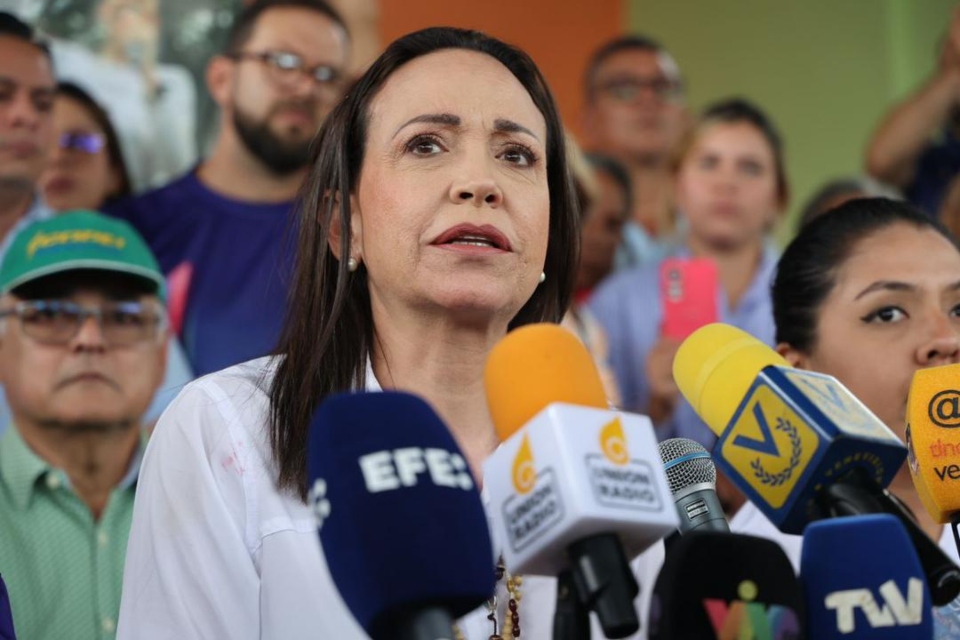
The recent announcement of the nationalist candidate Alvaro Delgado to offer a transfer of 6,000 dollars young people who complete their secondary studies has generated a broad debate in the educational field of Uruguay.
The controversial proposal seeks to encourage students from the lowest quintiles to complete their secondary studies as a means of combating school dropout in Upper Secondary Education (EMS). However, this strategy has received both praise and criticism from education experts and political figures..
$6,000 to graduate: Solution or problem?
Robert Silvavice-presidential candidate for the Colorado Party and former head of the National Public Education Administration (ANEP), has expressed his opposition to the plan, arguing that “direct transfers have not worked in the past” in Uruguay.
Silva mentions a study conducted by Pablo Menese in 2019 that concluded that These types of financial incentives had a negative effect on the high school passing rate..
For Silva, the solution is to provide “closer support” to students, through initiatives such as the incorporation of pedagogical guidance teachers who support and motivate young people.
For its part, Juan Pedro Mirformer director of Education, was also consulted by the newspaper El País on the matter. The expert has described the proposal as “nonsense”arguing that there is no pedagogical evidence to support the effectiveness of injecting money to improve academic success rates.
For Mir, this type of solution transfers the responsibility for institutional failure to the student, without addressing the structural causes of educational exclusion.
Can financial incentives make a difference?
Hector Floritformer primary school counselor, also issued criticism, pointing out that economic incentives would reward those who already have resources, while students in vulnerable situations cannot wait a year to receive said benefit.
Instead, it proposes a more balanced incentive system with monthly payments, complemented by a bonus at the end of each school year.
Education expert Renato Opertti added his voice to the debate, questioning whether an economic stimulus can really impact long-term learning. Opertti suggests that the most effective way would be to develop a socio-community education that comprehensively addresses the needs and expectations of students from a more holistic approach.
Finally, Pablo Cayota, also an education specialist, although he shared the intention of the measure, disagreed with the method, citing the lack of evidence on the effectiveness of direct economic incentives. He recalled a similar attempt implemented by former US President Barack Obama, which he described as “a resounding failure.”
In the midst of this discussion, Virginia Cacerespresident of ANEP, has been cautious in not commenting on the specific proposal, although she recognizes the current challenges in increasing the graduation rate and sees it feasible to consider any measure that contributes to this end.
Uruguay’s financial and educational context adds complexity to the announcement. The future Minister of Economy, Diego Labat, explained that The plan would involve a significant investment of between 30 and 35 million dollars annually.aimed at students from disadvantaged backgrounds. Labat argues that the idea is to motivate those young people who do not have the necessary conditions to complete their compulsory education in the appropriate time.



















